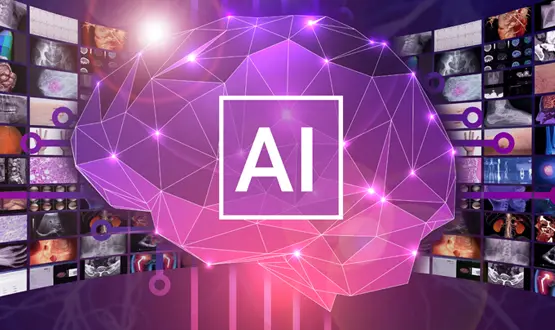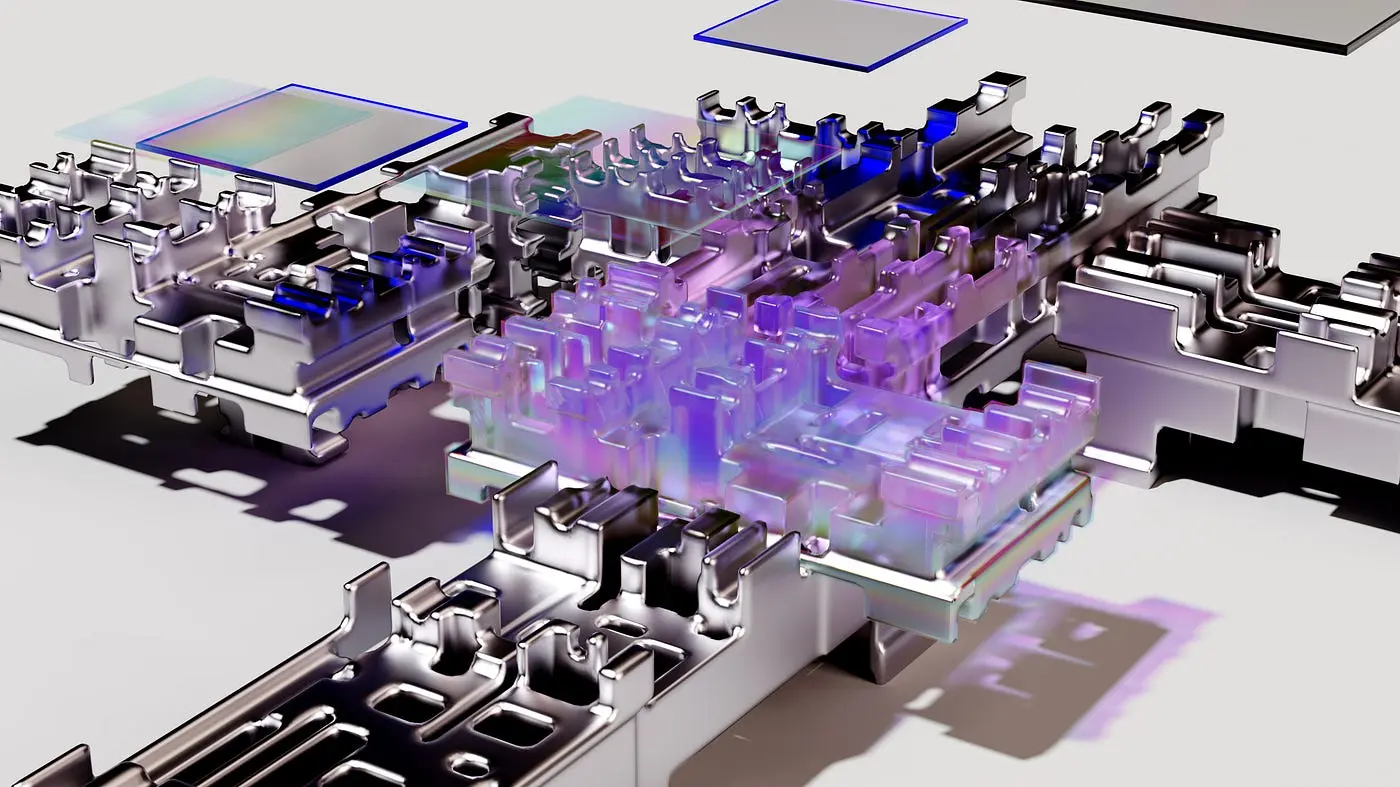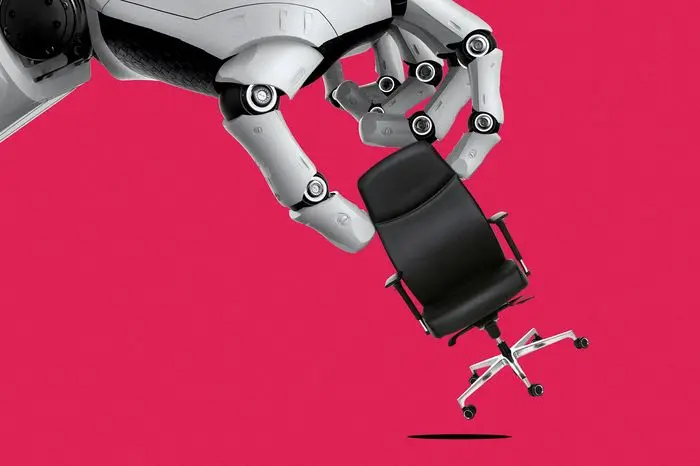
As we stand on the cusp of a new era, the future of artificial intelligence (AI) beckons with promises and challenges that echo across the technological landscape. AI, once confined to the realm of science fiction, is now an integral part of our daily lives, shaping industries, augmenting human capabilities, and sparking profound conversations about ethics and the unknown. In this blog post, we embark on a journey into the uncharted horizons of the future of artificial intelligence.
Augmented Intelligence: A Collaborative Frontier

The future of AI is not about machines replacing humans; it’s about collaboration. Augmented intelligence, a concept gaining prominence, envisions a future where AI systems complement human intelligence, offering insights, automating routine tasks, and enhancing our problem-solving capacities. The synergy between human creativity and machine efficiency holds the key to unprecedented advancements in various fields.
Ethical Considerations in AI Development

As AI becomes more integrated into our lives, the ethical considerations surrounding its development and deployment become increasingly critical. Conversations about bias in algorithms, privacy concerns, and the potential misuse of AI underscore the importance of establishing ethical frameworks. The future demands a thoughtful approach to AI development, emphasizing transparency, accountability, and a commitment to the common good.
The Rise of Explainable AI

As AI systems become more sophisticated, there is a growing need for transparency and interpretability. Explainable AI (XAI) is emerging as a crucial area of research, aiming to make AI systems more understandable and accountable. The ability to explain AI decisions not only enhances trust but also enables users to have a deeper understanding of how these systems impact their lives.
AI in Healthcare: A Revolution in Wellness

The future of AI holds immense potential for transforming healthcare. From personalized treatment plans to predictive diagnostics, AI is poised to revolutionize the way we approach wellness. Innovations like AI-driven drug discovery, virtual health assistants, and predictive analytics promise to make healthcare more efficient, accessible, and tailored to individual needs.
AI and the Workforce: Adapting to Change

The integration of AI into industries raises questions about the future of work. While AI may automate certain tasks, it also opens up opportunities for upskilling, creativity, and the pursuit of more meaningful, complex roles. Embracing a mindset of continuous learning and adaptability will be crucial in navigating the evolving landscape of the AI-driven workforce.
The Intersection of AI and Sustainability

AI has the potential to play a pivotal role in addressing global challenges, including climate change and resource management. From optimizing energy consumption to predicting environmental trends, AI applications can contribute to creating a more sustainable future. The responsible use of AI technology becomes paramount in ensuring that its impact aligns with environmental and social goals.
Conclusion:
The future of artificial intelligence is a canvas awaiting the strokes of innovation, ethics, and collaboration. As we navigate this uncharted territory, it is imperative to approach AI development with a holistic perspective, emphasizing transparency, ethical considerations, and the symbiotic relationship between humans and machines. The journey ahead is both thrilling and challenging, and it is our collective responsibility to shape a future where AI enhances the human experience and contributes to the betterment of society as a whole.
Read More
- How to Deal with Abortion Grief: Dealing With Grief
- Concrete Utopia (2023) Korean Movie Review and Free Download


